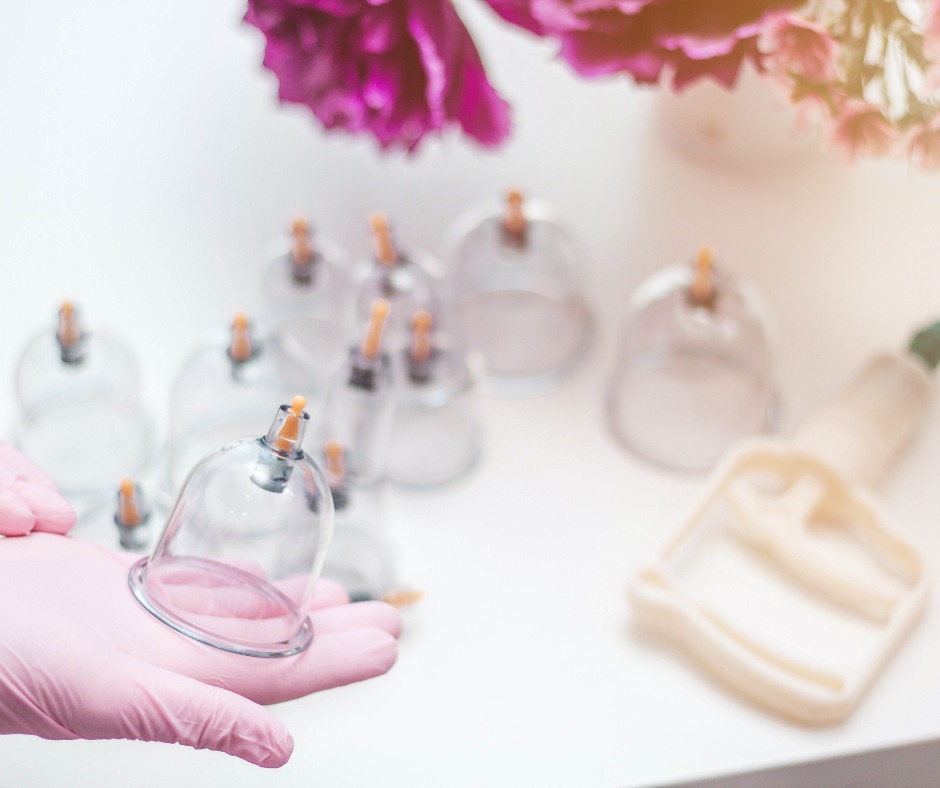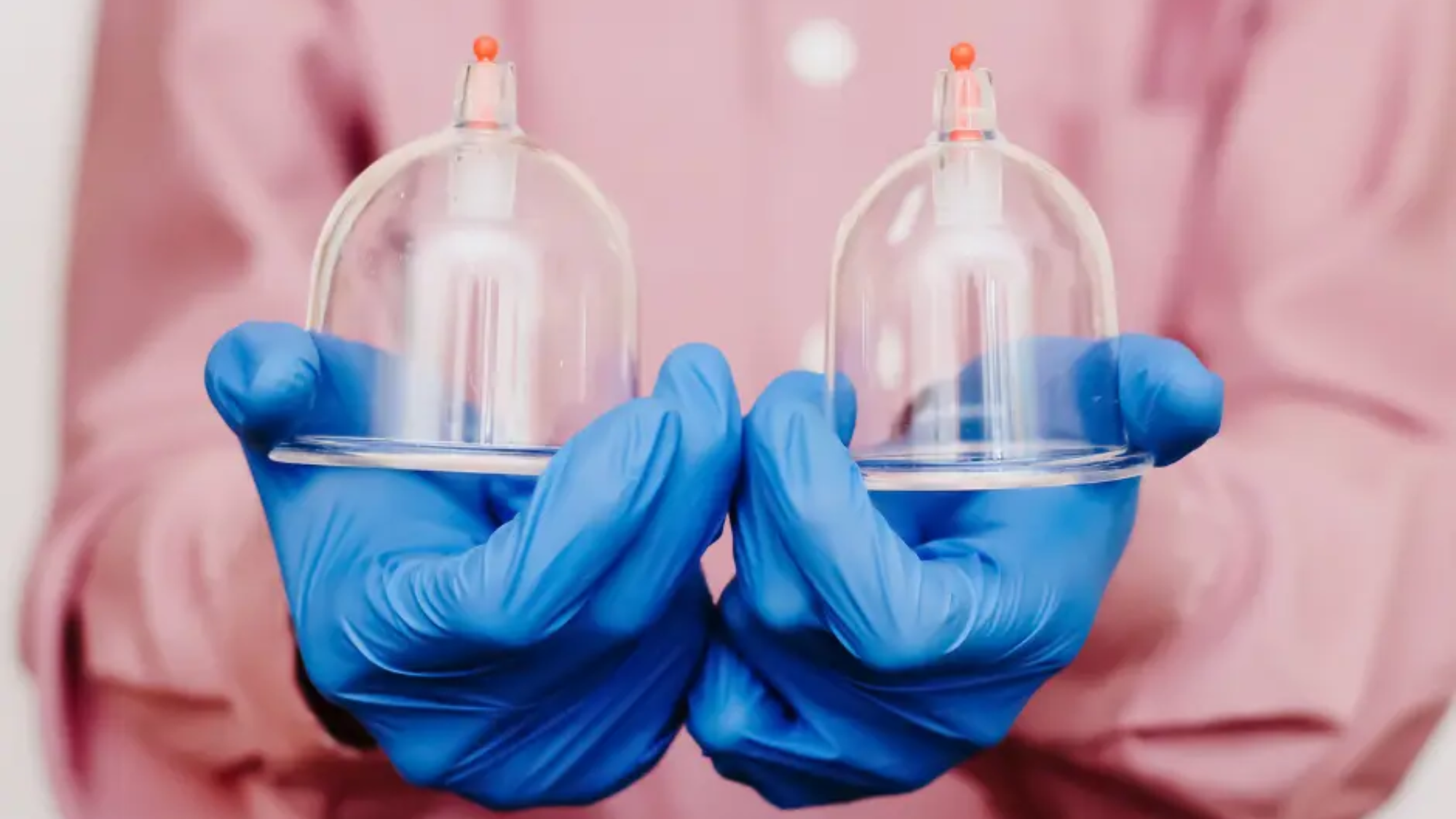Hijama represents a deep medical heritage, passed down through generations and deriving healing from prophetic teachings. This practice, considered a pillar of Islamic traditional medicine, carries numerous benefits and therapeutic secrets. In this article, we will explore the ancient roots of Hijama, the optimal days for its practice according to prophetic tradition, the recommended times for its performance, as well as its role in Islamic jurisprudence and its impact on physical and spiritual health.
What is Hijama cupping therapy?
Hijama is considered one of the most important practices in Islamic medicine, and it has appeared since ancient times in Egyptian and Chinese medicine. It was heavily relied upon in the past to treat many pains and ailments. The concept of hijama involves using specialized glass cups to create suction on the skin and draw out blood in specific areas of the human body.It is preferred to perform cupping during specific days according to the noble Prophetic tradition. Cupping has two main types: wet cupping and dry cupping. The Prophet, peace be upon him, recommended cupping and used it to treat many diseases and pains such as headaches or joint pain. This gives cupping a significant status in Islam and the noble Prophetic tradition.
History of Hijama
The history of Hijama dates back more than five thousand years, as it was heavily relied upon by ancient humans, especially in Chinese medicine where cupping was one of the most famous treatments. The history of cupping also extends to ancient Egyptian history, as the ancient Egyptians heavily relied on cupping. As for the Islamic era, Islamic religion showed interest in Hijama due to its great benefits. The Prophet Muhammad (peace be upon him) recommended cupping and used it when he experienced headaches.For this reason, Muslim scholars have contributed to the development of cupping throughout its history. Ibn Sina, Al-Zahrawi, Al-Baghdadi, and Ibn Qayyim all worked on studying Hijama cupping, its benefits, and developing its techniques and methods.
As for Europe, cupping therapy was introduced to them through Muslims, and afterwards Europeans heavily relied on it for treating various types of diseases and pains. Its popularity spread in the 18th and 19th centuries, but reliance on it decreased during the 20th century due to the advancement of Western medicine and the spread of chemical medications.

Hijama (cupping therapy) in the Prophetic Sunnah
Hijama (cupping) is considered one of the confirmed practices in the noble Prophetic tradition. Many Prophetic hadiths mention cupping and encourage it. The Prophetic tradition covers everything related to cupping, from the best days for cupping in the year to the method and timing of cupping. This highlights the importance, status, and great benefits of Hijama.The Messenger of Allah guides us on the virtues and benefits of Hijama cupping therapy and encourages us to practice it. He, peace be upon him, used to perform cupping in specific areas of the body such as the head, neck, and back. The mention of cupping is due to its important therapeutic and preventive role, as well as its benefits in removing toxins from the body, stimulating blood circulation, and promoting cell renewal.
Hijama in Islam (Islamic cupping)
Hijama therapy stands out as an important and recommended Islamic practice that was mentioned in the noble Prophetic tradition. Cupping therapy works to remove stagnant blood from the human body and stimulate its circulatory system. Many hadiths have been narrated about recommended days for Hijama cupping therapy and days to avoid it. Thus, Islamic cupping therapy is considered one of the matters that have captured the interest of Muslim doctors and scholars. Cupping therapy is still being studied in Arab universities and medical institutes as an ancient popular treatment, indicating its effectiveness and benefits.
The best days for Hijama (Hijama Sunnah Days)
The best days for hijama in islam are the days of the month of hijama.
There is no doubt that Hijama therapy has many benefits, but the Prophet Muhammad recommends specific days for practicing cupping. These days are clarified according to the Prophetic tradition to be the 17th, 19th, and 21st of each Hijri month, in addition to odd-numbered days.As for the best days for cupping among the seasons, they are the days of spring when the weather is moderate. It is advised to avoid Hijama in the summer and extreme heat, or in the days of extreme cold in winter, as it may cause side effects. As for the sick person, they should do it whenever they need it, as it is a primary therapeutic method. Imam Ahmad ibn Hanbal used to perform cupping at any time and hour when he needed it.
Best time to do Hijama
The Prophet (peace be upon him) encouraged us to practice cupping, and therefore he clarified to us the best time for cupping and the best days for cupping throughout the year. It is preferred to perform cupping in the early hours of the morning before having breakfast. The days of Monday, Tuesday, and Thursday are considered the best days for Hijama according to the noble Prophetic tradition. Moreover, the Prophet advised us not to perform cupping on Fridays, Saturdays, Sundays, and especially on Wednesdays. Among the best days for Hijama in the lunar month are the 17th, 19th, and 21st of each month.

cupping appointment
Scheduling Hijama cupping appointments and choosing suitable cupping days is essential to achieve the best benefits from it. It is recommended to perform cupping in the second half of the lunar month, especially on days 17, 19, and 21, which are the last thirteen days of the month. It is preferable to consider the individual’s health condition and ensure with their doctor that there are no contraindications to performing cupping at the chosen time. Additionally, the beginning of spring is considered the best time of the year for Hijama because it comes after the cold weather and before the arrival of the summer heat.
Hijama Sunnah Dates 2024 (Time Table)
| Months | Islamic Months | Day 1 | Day 2 | Day 3 | Day 4 |
| JAN 2024 | Jumada al-Akhirah – Rajab 1445 | 1st | 3rd | 29th | 31st |
| FEB 2024 | Rajab – Sha’ban 1445 | 2nd | 27th | 29th | |
| MAR 2024 | Sha’ban – Ramadan 1445 | 2nd | 28th | 30th | |
| APR 2024 | Ramadan – Shawwal 1445 | 1st | 26th | 28th | 30th |
| MAY 2024 | Shawwal – Dhul-Qa’dah 1445 | 25th | 27th | 29th | |
| JUN 2024 | Dhul-Qa’dah – Dhul-Hijjah 1445 | 24th | 26th | 28th | |
| JUL 2024 | Dhul-Hijjah 1445 – Muharram 1446 | 23rd | 25th | 27th | |
| AUG 2024 | Muharram – Safar 1446 | 22nd | 24th | 26th | |
| SEP 2024 | Safar – Rabi’ al-Awwal 1446 | 21st | 23rd | 25th | |
| OCT 2024 | Rabi’ al-Awwal – Rabi’ ath-Thani 1446 | 20th | 22nd | 24th | |
| NOV 2024 | Rabi’ ath-Thani – Jumada al-Ula 1446 | 19th | 21st | 23rd | |
| DEC 2024 | Jumada al-Ula – Jumada al-Akhirah 1446 | 19th | 21st | 23rd |
FAQ
The issue of prohibition of cupping on Wednesdays is considered controversial, but the reason for the prohibition is because the Prophet Job was afflicted with calamity on a Wednesday.
Feeling energized, reducing the effects of varicose veins, getting rid of stress, and feeling relaxed.
Cupping therapy can be done on any day in case of illness, but there are preferred times and days for cupping.
It is preferable to perform ablution before prayer when undergoing cupping, as it is not obligatory but recommended.


Leave Your Comment